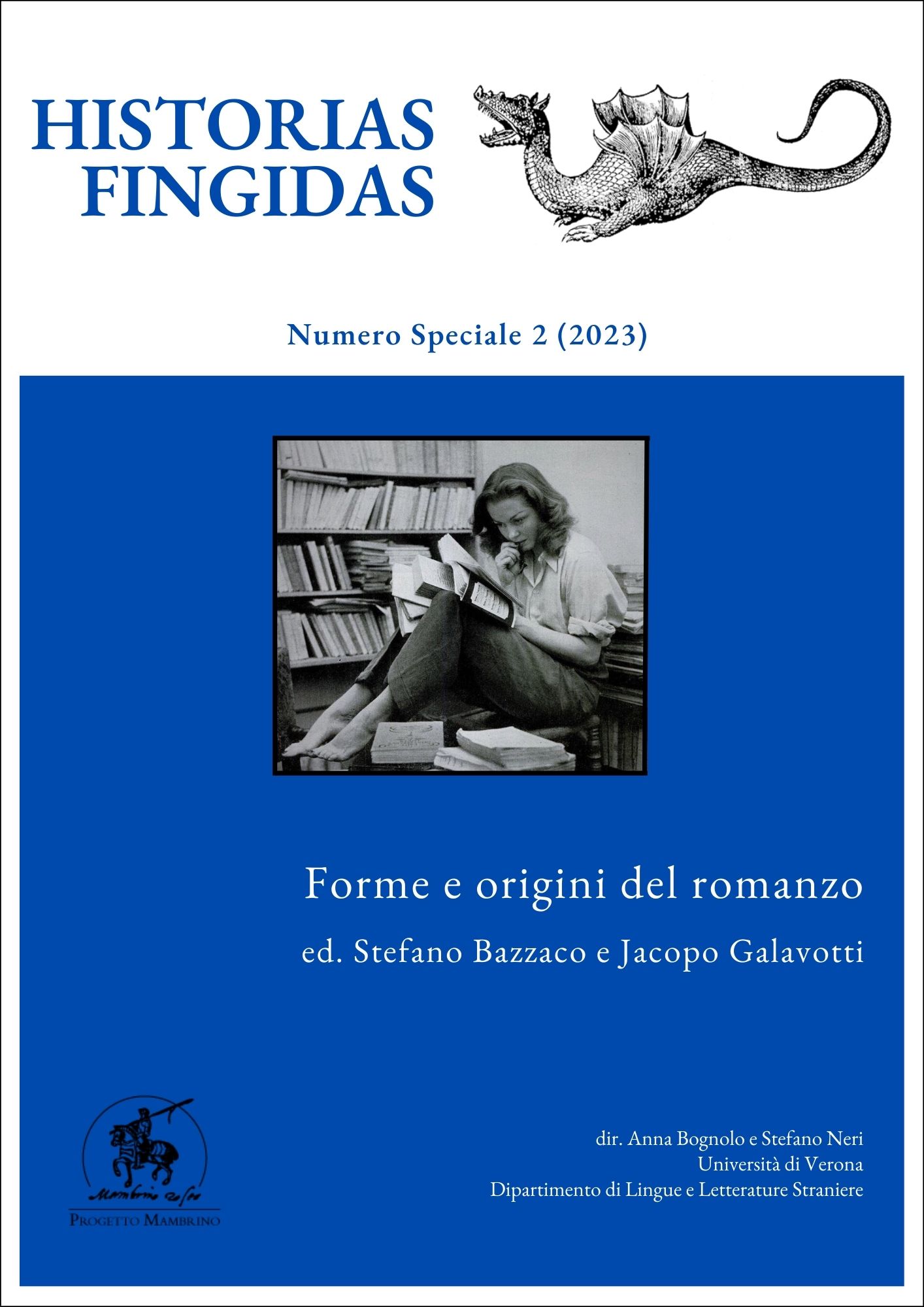Una constelación de voces de mujeres en primera persona
El caso de «A mí no me iba a pasar» (2019) de Laura Freixas, una autobiografía con perspectiva de género
DOI:
https://doi.org/10.13136/2284-2667/1291Ключевые слова:
autobiografía, feminismo, A mí no me iba a pasar, Laura Freixas, perspectiva de géneroАннотация
El objetivo de este artículo es proponer una aproximación a la autografía de Laura Freixas A mí no me iba a pasar (2019). Se destacará el papel de Freixas como referente del feminismo español y de una escritura autobiográfica en la que se destaca cómo el género al que una pertenece condiciona la vida personal a la vez que la profesional. Tras una primera parte, en la que se enumeran algunas de las escritoras que en la actualidad se dedican a la autobiografía desde una sensibilidad nueva, de reivindicación, se trazará su autorrepresentación en una escritura que es a la vez íntima y exterior, en busca de respuestas sobre un papel femenino convencional que Laura Freixas nunca quiso adoptar y en el que durante un tiempo quedó atrapada.
Загрузки
Опубликован
Выпуск
Раздел
Лицензия
Copyright (c) 2023 Katiuscia Darici

Это произведение доступно по лицензии Creative Commons «Attribution-NonCommercial» («Атрибуция — Некоммерческое использование») 4.0 Всемирная.
Gli autori che pubblicano su questa rivista accettano le seguenti condizioni:- Gli autori mantengono i diritti sulla loro opera e cedono alla rivista il diritto di prima pubblicazione dell'opera, contemporaneamente licenziata sotto una Licenza Creative Commons - Attribuzione - Non Commerciale che permette ad altri di condividere l'opera indicando la paternità intellettuale e la prima pubblicazione su questa rivista a fini non commerciali .
- Gli autori possono aderire ad altri accordi di licenza non esclusiva per la distribuzione della versione dell'opera pubblicata (es. depositarla in un archivio istituzionale o pubblicarla in una monografia), a patto di indicare che la prima pubblicazione è avvenuta su questa rivista.
- Gli autori possono diffondere la loro opera online (es. in repository istituzionali o nel loro sito web) prima e durante il processo di submission, poiché può portare a scambi produttivi e aumentare le citazioni dell'opera pubblicata (Vedi The Effect of Open Access).

